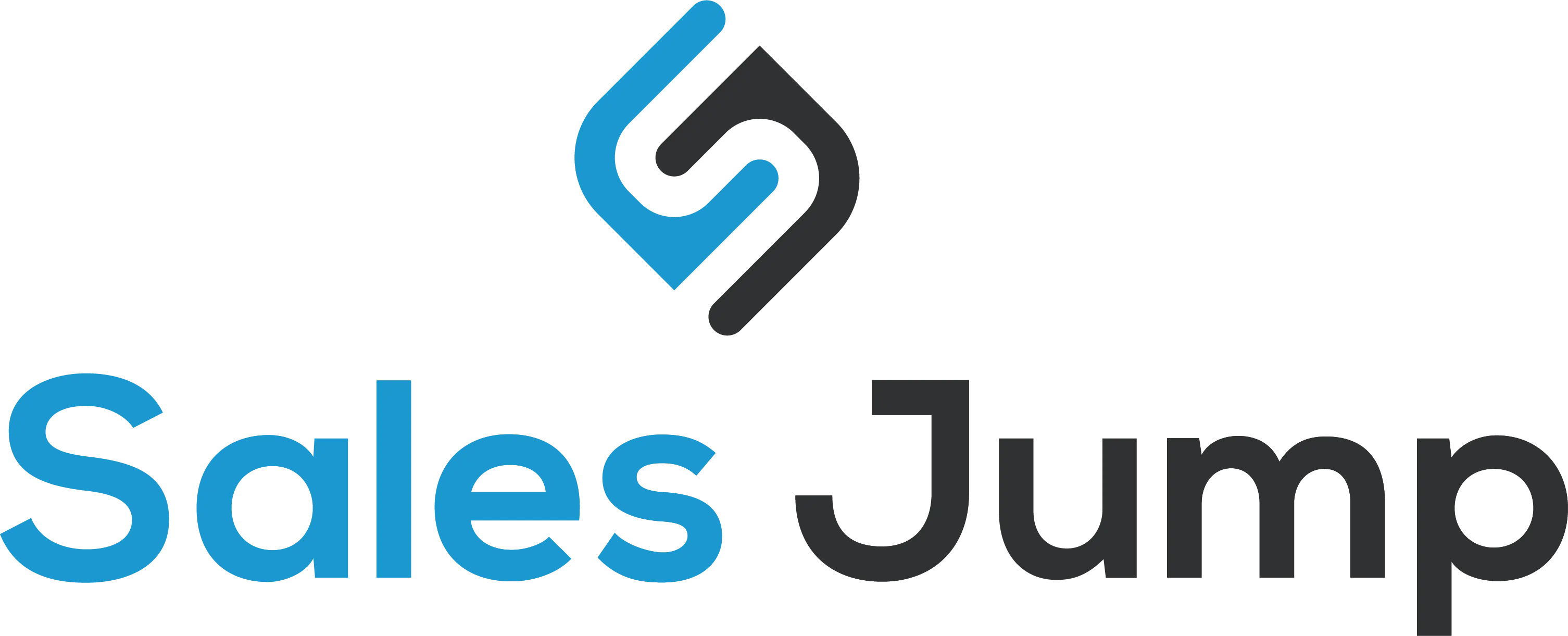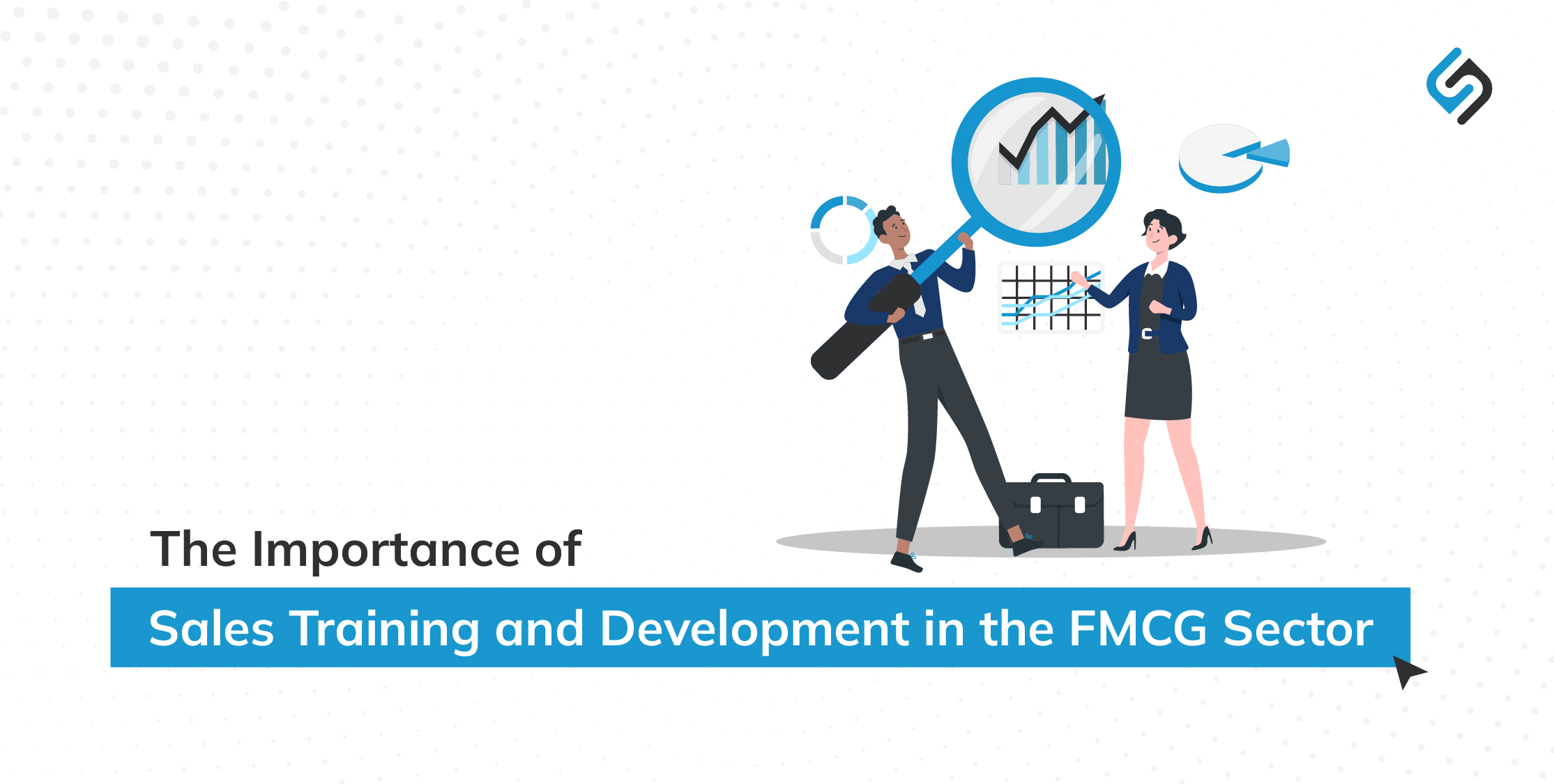In the highly competitive Fast-Moving Consumer Goods (FMCG) sector, the effectiveness of a company's sales force can make or break its success. With rapidly changing consumer preferences, market trends, and technological advancements, it is imperative that sales teams are well-trained and continuously developed. This blog will explore the importance of sales training and development in the FMCG sector, highlighting key areas where companies can benefit.
1. Adapting to Market Changes
The FMCG sector is known for its dynamic nature, with consumer preferences and market trends shifting frequently. Sales teams must be agile and responsive to these changes to maintain a competitive edge. Sales training equips team members with the knowledge and skills to adapt to new products, market conditions, and customer behaviors. By understanding market dynamics, sales representatives can tailor their approach, ensuring they meet the evolving needs of consumers and retailers alike. This adaptability is especially crucial when using Sales Force Automation (SFA) software, which helps streamline and optimize the sales process.
2. Enhancing Product Knowledge
In the FMCG sector, product knowledge is paramount. Sales representatives are often the first point of contact between a company and its customers. They must be well-versed in the features, benefits, and unique selling points of the products they represent. Effective sales training programs ensure that team members are not only knowledgeable about the products but also capable of communicating this information convincingly to customers. This confidence and expertise can lead to increased customer trust and higher sales conversion rates. Incorporating SFA software into training can further enhance product knowledge by providing real-time data and insights.
3. Improving Sales Techniques
Sales techniques are constantly evolving, with new strategies and tools emerging regularly. Training and development programs help sales teams stay ahead of the curve by introducing them to the latest techniques in negotiation, closing deals, and customer relationship management. In the FMCG sector, where the sales cycle can be short and transactional, the ability to quickly establish rapport and close deals is crucial. Regular training ensures that sales representatives are equipped with the most effective techniques to maximize their performance. Utilizing Sales Force Automation apps and Order Management software can also streamline sales processes and improve efficiency.
4. Boosting Employee Motivation and Retention
Investing in sales training and development demonstrates a company's commitment to its employees' growth and success. This investment not only improves sales performance but also boosts employee morale and motivation. Sales teams that feel supported and valued are more likely to be engaged, productive, and loyal to the company. In a sector as competitive as FMCG, retaining top talent is essential for maintaining long-term success. Field Force Tracking and Field Sales Automation tools can further motivate employees by providing them with clear performance metrics and goals.
5. Ensuring Compliance and Ethical Selling
The FMCG sector is subject to various regulations and ethical standards, particularly concerning advertising, product labeling, and consumer rights. Sales training programs should include modules on compliance and ethical selling practices to ensure that representatives are aware of their responsibilities and the legal frameworks within which they operate. Adhering to these standards not only protects the company from legal issues but also enhances its reputation in the market.
6. Leveraging Technology for Sales Efficiency
Technology plays a significant role in modern sales processes, from customer relationship management (CRM) systems to Sales Force Automation (SFA) tools. Sales training should encompass the use of these technologies, helping teams leverage them to streamline their processes, track customer interactions, and analyze sales data. In the FMCG sector, where speed and efficiency are critical, technology can be a game-changer. Training ensures that sales representatives can maximize the benefits of these tools, leading to better performance and outcomes. Incorporating Order Management software and Order taking apps into the training can further enhance sales efficiency.
7. Strengthening Customer Relationships
In the FMCG sector, where products are often similar across brands, strong customer relationships can be a key differentiator. Sales training programs should emphasize the importance of building and maintaining these relationships. By understanding customer needs, preferences, and pain points, sales representatives can provide personalized solutions that foster long-term loyalty. Strong customer relationships not only lead to repeat business but also create opportunities for upselling and cross-selling. Utilizing Field Rep tracking and other Field Force Tracking tools can provide valuable insights into customer interactions and preferences.
8. Measuring and Analyzing Sales Performance
Sales training and development should not be a one-time event but an ongoing process. Continuous improvement is vital in the FMCG sector, where the competitive landscape is ever-changing. Training programs should include modules on measuring and analyzing sales performance, enabling teams to identify areas for improvement and track their progress over time. By regularly reviewing performance metrics and leveraging SFA software, companies can ensure that their sales strategies remain effective and aligned with business goals.
Conclusion
In the fast-paced and highly competitive FMCG sector, sales training and development are not just important—they are essential. By investing in the continuous growth and development of their sales teams, companies can adapt to market changes, enhance product knowledge, improve sales techniques, boost employee motivation, ensure compliance, leverage technology, strengthen customer relationships, and measure performance effectively. Ultimately, a well-trained and motivated sales force, supported by tools like Sales Force Automation software, Order Management systems, and Field Force Tracking technologies, is the cornerstone of success in the FMCG industry.
Discover how our SFA software can revolutionize your sales strategy.


